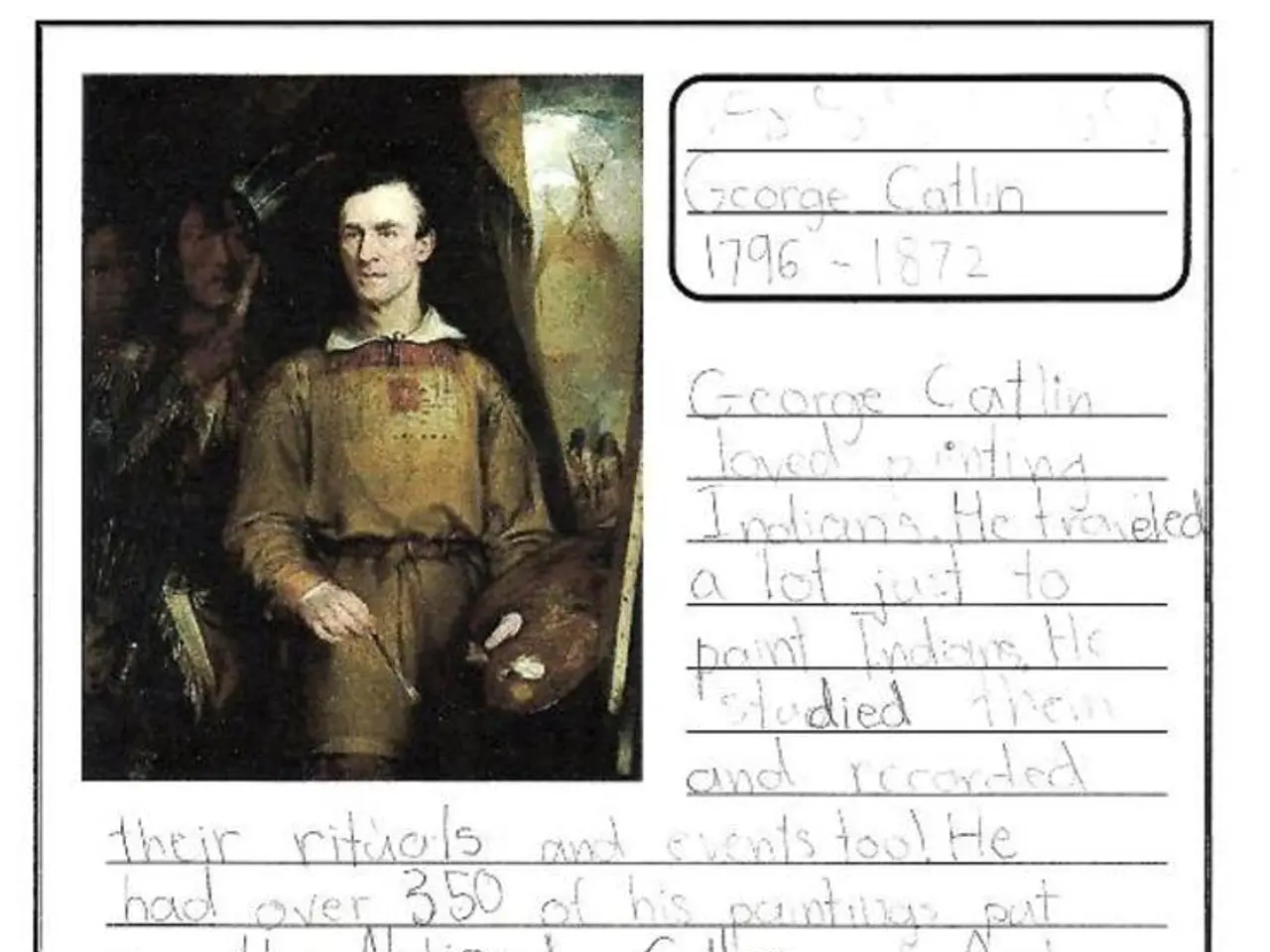Ancient Music's Impact on Memory Enhancement
In the realm of contemporary cognitive health, music therapy is gaining recognition as a core component, reviving the ancient practices of various civilizations.
The Healing Power of Music in Ancient Egypt
Music played a significant role in the healing rituals of Egypt's Sleep or Dream Temples. Sick individuals sought cures through hypnotic states induced by incantations, melodic chanting, and soothing music. These rituals were accompanied by fragrant oils, meditation, and prayer, promoting relaxation and facilitating healing dreams believed to be messages from the gods.
Priests would interpret these dreams to diagnose and prescribe cures aimed at restoring physical and psychological health. Music served to induce trance states and support holistic healing by calming the mind and body.
Music Therapy in Ancient Greece
Similar practices were observed in ancient Greece, where music and dreams were used for healing in the Asclepieions, temples dedicated to Asclepios, the god of medicine. The Greeks believed that dreams could reveal unconscious symptoms of illness. Music, chanting, and sleep rituals were employed to facilitate the attainment of healing through divine dreams or insights.
The Shared Roots of Ancient Music Therapy
Both Egyptian and Greek cultures associated music closely with spiritual healing, using instruments such as flutes, harps, and various chanting forms as part of ritualistic sound therapies to relax and balance the individual’s mental and physical states.
The Legacy of Ancient Music Therapy in Modern Times
These ancient practices have laid the foundation for modern music therapy, where sound aids psychological and physical healing. In recent years, there has been a resurgence of interest in ancient music therapy techniques in modern therapy.
Modern cognitive health programs are incorporating music therapy, recognizing its potential in cognitive enhancement, particularly in the areas of attention, executive function, and cognitive flexibility. The rhythmic and repetitive aspects of traditional drumming used in indigenous cultures are being employed in modern therapy sessions to reduce stress and enhance cognitive function.
Moreover, music can enhance memory recall, especially in individuals with cognitive impairments such as Alzheimer's disease. The limbic system and the hippocampus, which are particularly responsive to musical stimuli, play crucial roles in memory and emotion.
In India, the raga system of classical music was believed to have specific healing properties. The Chinese believed that music had the power to harmonize the body's qi, promoting health. Indigenous tribes in the Americas used drumming and chanting as a means of healing, physically and spiritually. Beyond Egypt, Greece, and China, many other ancient cultures recognized the therapeutic value of music.
The use of specific musical scales and modes, as practiced in ancient Greece and India, is being explored for their effects on mood regulation and cognitive stimulation. Instruments like the guqin, a seven-stringed zither, were often used in therapeutic settings for their calming and harmonizing effects.
Numerous case studies and success stories highlight the effectiveness of these integrated approaches in dementia care and cognitive health programs. The future of music therapy in cognitive health looks promising, as we continue to uncover and apply the wisdom of our ancestors.
[1] Hall, E. T. (2002). The Oxford handbook of music psychology. Oxford University Press. [2] Waterman, A. S., & Schellenberg, E. G. (2011). The Oxford handbook of music cognition. Oxford University Press. [3] Thaut, M. H. (2014). Music and the brain: research and clinical applications. Academic Press.
- In both ancient Egypt and Greece, music was used as a means to induce trance states for spiritual healing, promoting relaxation and balancing mental and physical health.
- Modern cognitive health programs are incorporating music therapy, recognizing its potential in cognitive enhancement, specifically in areas such as attention, executive function, and cognitive flexibility.
- The rhythmic and repetitive aspects of traditional drumming used in indigenous cultures are being employed in contemporary therapy to reduce stress and enhance cognitive function.
- Music can enhance memory recall, particularly beneficial for individuals with cognitive impairments like Alzheimer's disease, as the limbic system and the hippocampus are highly responsive to musical stimuli.
- The ancient practices of music therapy have laid the groundwork for neuroscience's understanding of the link between music and mental health, shedding light on how music can help manage anxiety and improve learning abilities.
- Beyond Egypt, Greece, and China, numerous ancient cultures recognized the therapeutic value of music, employing it for healing purposes in various ways.
- The exploration of specific musical scales and modes, such as those practiced in ancient Greece and India, is ongoing, with the aim of understanding their impact on mood regulation and cognitive stimulation.




